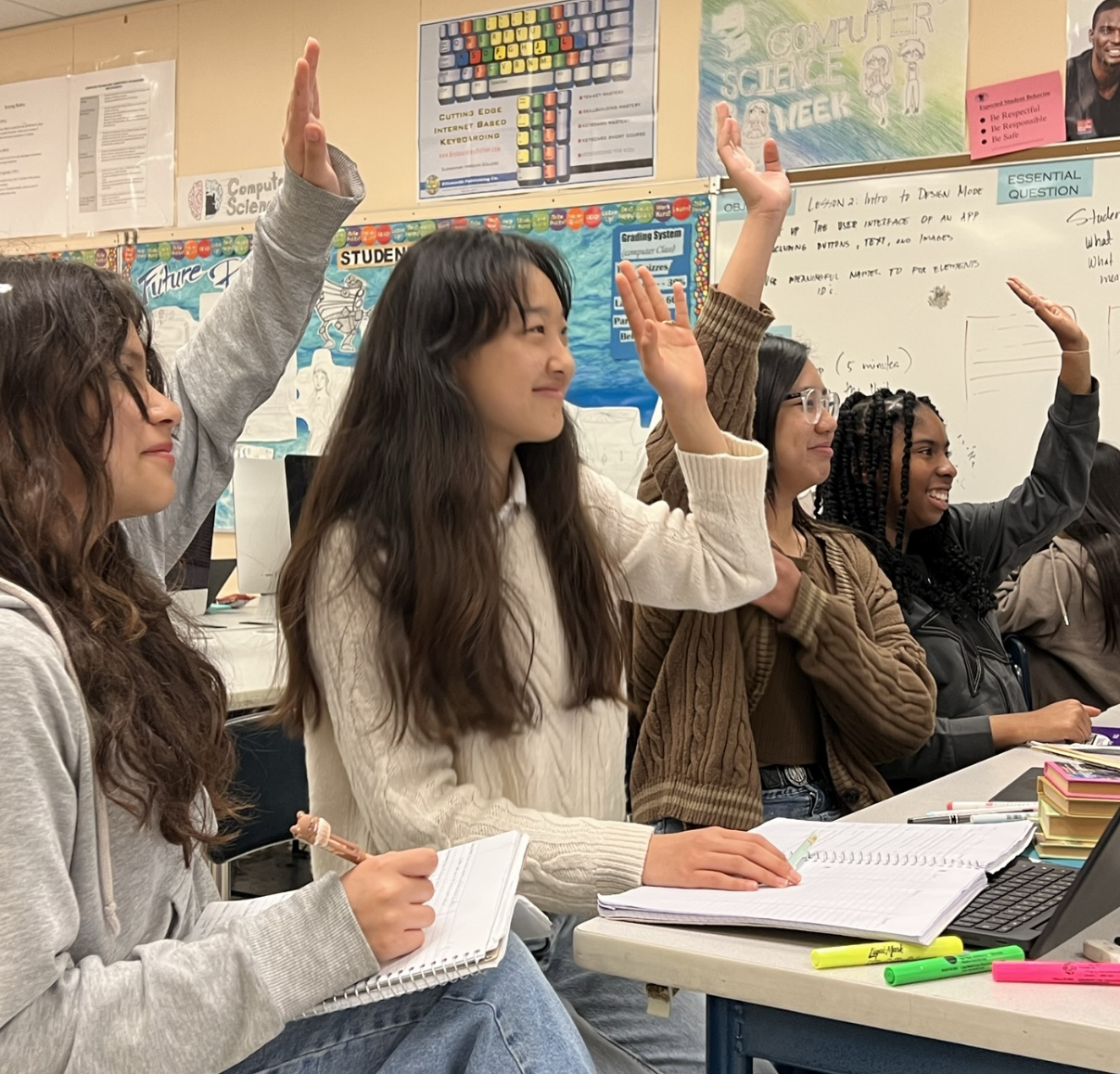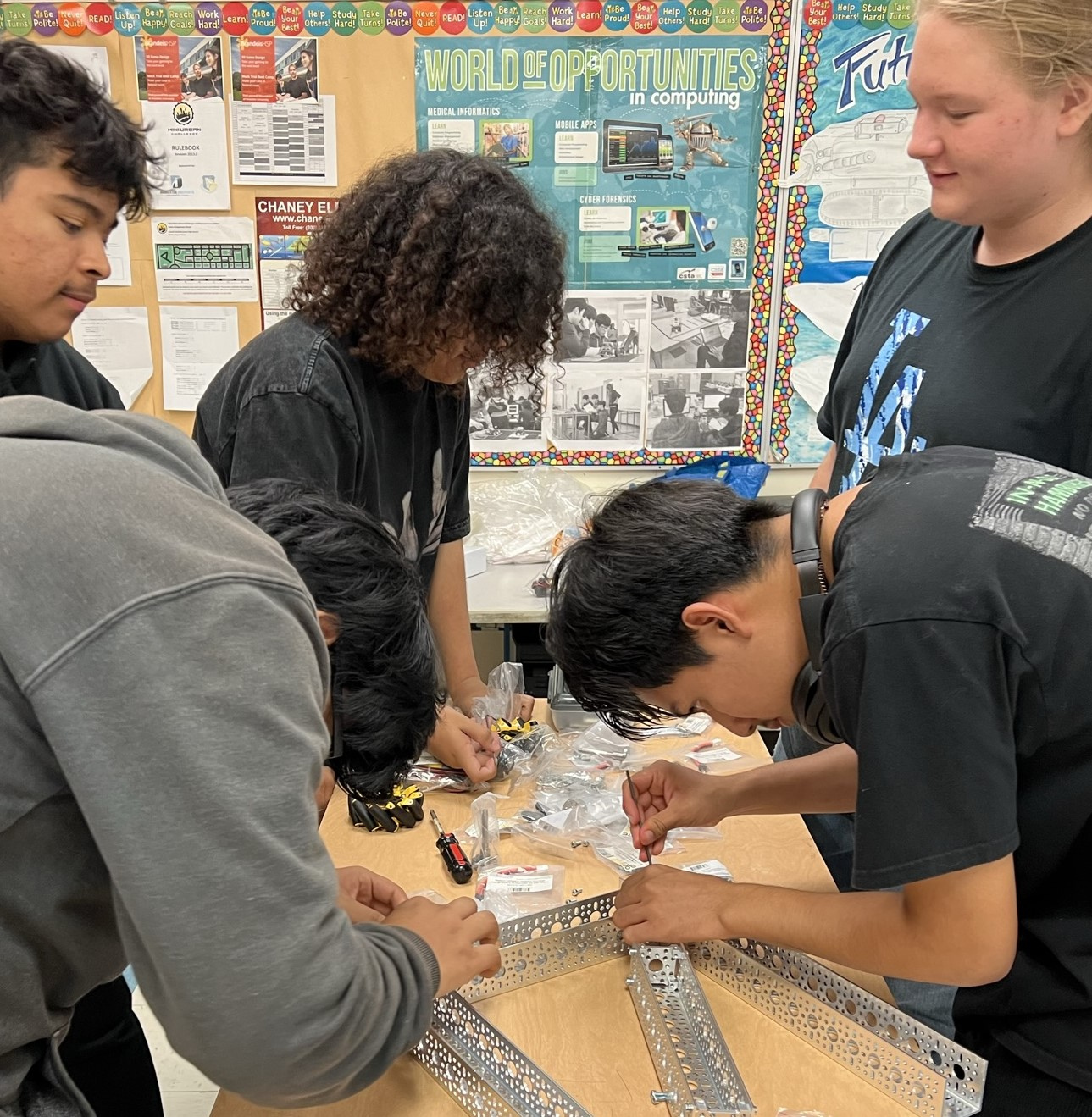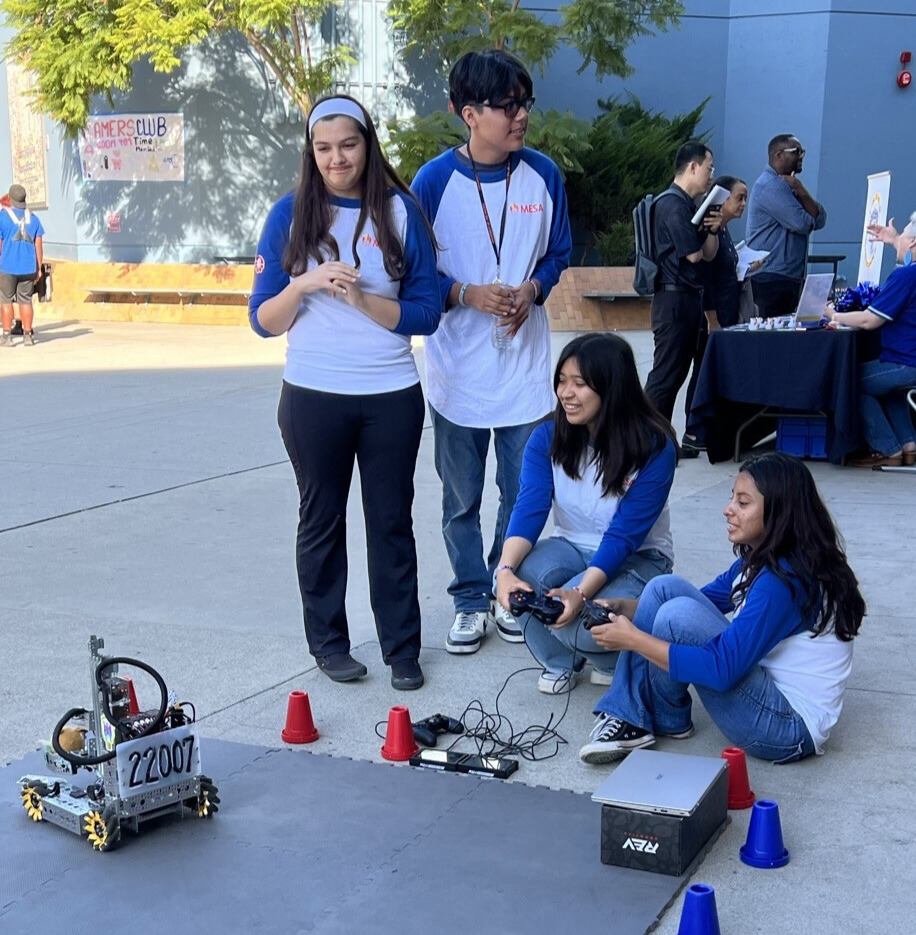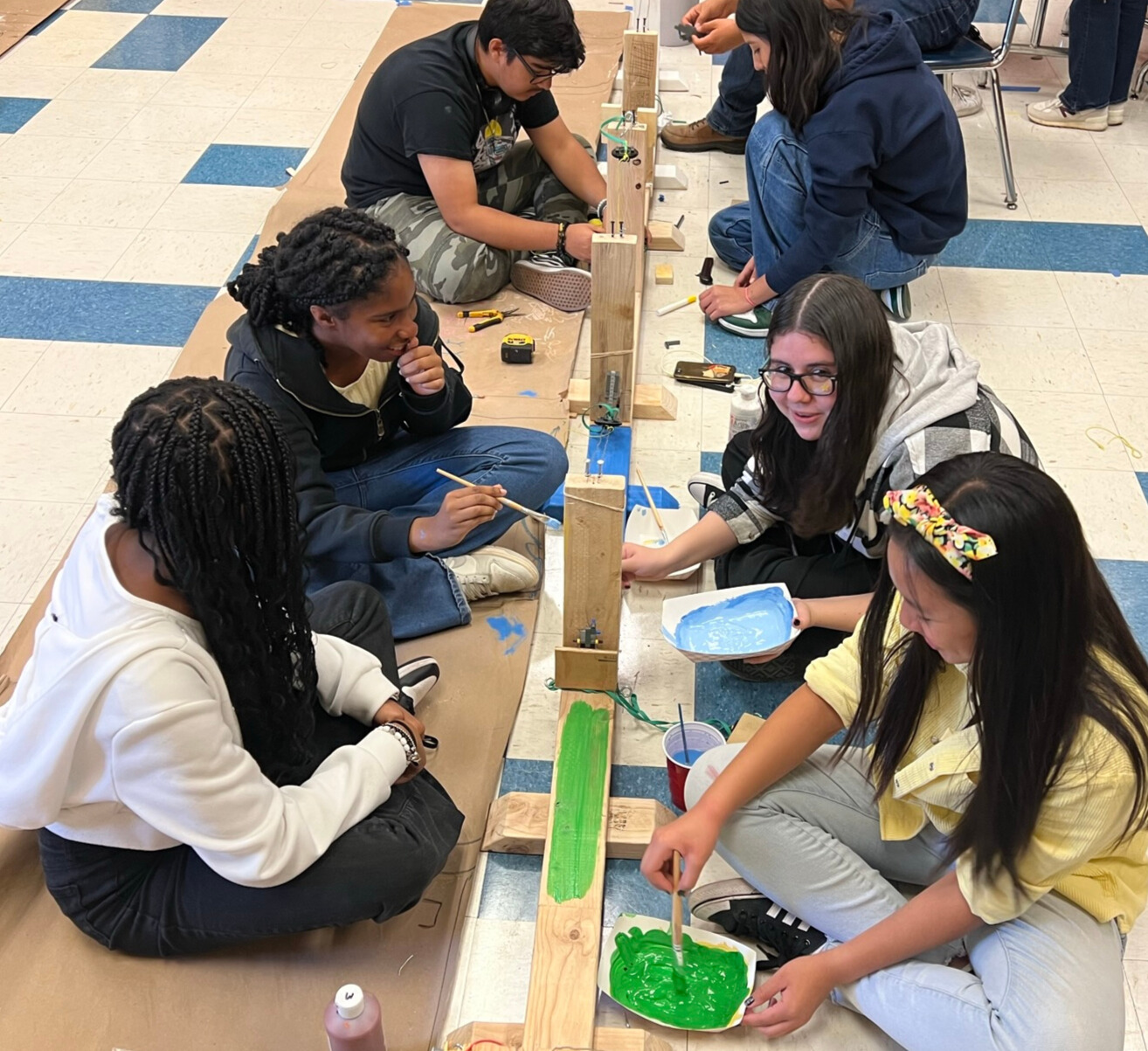This is what we think: The students of this century are the future of the whole world. Once students reach adulthood, they will be the ones who are in charge of running society. One day, these students who were once in pre-school, learning their ABCs and not having a single care in the world, will grow up to become the world’s next politicians, lawyers, doctors, entrepreneurs, entertainers—you name it. However, student engagement can become difficult in this era where there are many distractions and barriers to learning. This can especially serve as an issue, as these students grow up to become adults who aspire to pursue their dream careers, but without the adequate amount of skills taught through student engagement, those dreams will only remain dreams. If we don’t emphasize the importance of a student's education, how can these scholars achieve success in adulthood and beyond?
Student engagement is important because today's students are the future of our world. These bright minds will make this world a grand place, and inspire the younger generations to come. To ensure a good future for our world, students must be able to understand basic concepts to handle the challenges of the real world.
Furthermore, student engagement increases a student’s self-improvement. Paying attention in class increases their attention and critical thinking skills. Being more motivated to learn and pay attention in class motivates them to improve and develop their skills and knowledge(like I said, self-improvement). Students can use their skills in the real world.
Using their developing skills to create and understand the ideas of the world.
Student engagement ensures a better future for the student and the world.
Why are we doing this?
Studies show that student engagement correlates with test scores. This was especially proven in the pandemic, as test scores declined dramatically. During this time, many students participated in remote/online learning, and learning at home can create many distractions for students. Some of these distractions include social media, family, and television/other non-school-related electronic devices, among others. All of these factors pull one’s attention away from their priorities. Although the pandemic is considered a “thing of the past,” the dire effects of the pandemic on test scores are sadly “a thing of the present.” According to caaspp-elpac.ets.org, 46.66% of students in the state of California met or exceeded the standard for ELA, while 34.62% of students met or exceeded the standard for math. Also, regarding the test results from the NAEP (National Assessment of Educational Progress) for the United States, reading scores have declined at all percentiles, and there have been larger declines in math for lower-performing students (this has been a trend since 2020, and is still a major issue to this day).
Not only does student engagement correlate with test scores, but it relates to social skills among peers. A major part of student engagement is speaking with others, whether that be with your peers or your teacher. Creating conversations in the classroom about topics being taught in class can be fun for those who enjoy talking, enjoy the topic, or even those who have a lot of opinions about what they’re learning! However, when the social aspect isn’t included, and students are involved in situations that require them to socialize, it’ll become very difficult for them to do so. This can especially become an issue when students become adults and are in professional settings where forming friendships, relationships, and bonds with others will need to be formed. Fear not, for studies show great things about student engagement!
According to the U.S. Department of Education, having strong student engagement has been linked to academic achievement, including good grades and a higher GPA
Those who are engaged in their classes are 4.5 times more likely to be hopeful about their future when compared to those who tend to not be engaged
An increased attendance rate & improved behavior
Student engagement encourages students to listen, respect diverse perspectives, encourage empathy, and enhance social awareness
Isn’t it amazing how all of these benefits can come from just one concept? That’s why it’s incredibly important to encourage and create student engagement. Remember, at the end of the day, teachers are the ones who can mold students to become the best version of themselves. Whatever you do, whether it’s playing an educational game in your classroom, creating a scavenger hunt for your students as a part of a topic that they’re learning about, or even creating meaningful discussions in the classroom, can form memories that students will remember forever.




